One year when I was in junior high school my parents gave me a radio controlled car for Christmas. It was the perfect gift for a young boy right in the middle of dealing with the most awkward, confusing psychological change that comes with puberty (no longer thinking riding a bike is cool, but still being too young to drive a car). I loved that R/C car, so much that I kept playing with it outside as it started to rain one day, eventually frying the circuits so that it never ran again.
But things would have been different if my parents had been researchers at the Korea Advanced Institute of Science and Technology, or KAIST. First, everyone would have been surprised by how two Korean scientists ended up with a Caucasian son with blond hair. And next, they could have hooked me up with a controllable water-resistant reptile, like the remote controlled turtle KAIST is currently developing. Read More
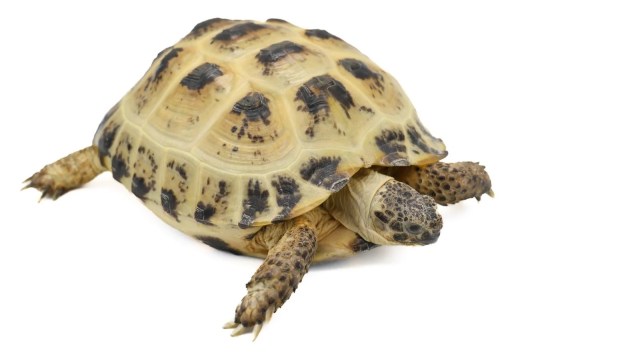

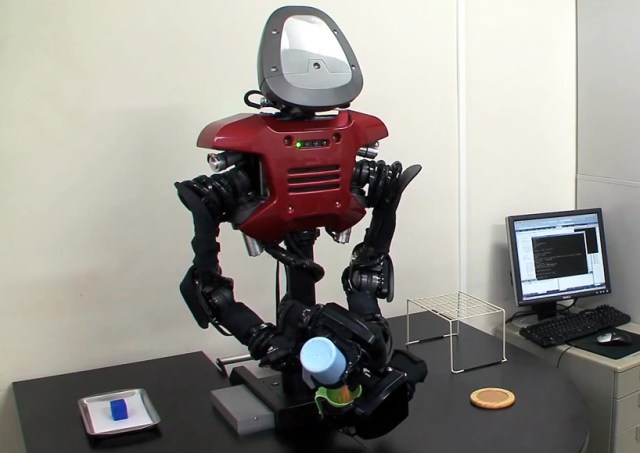
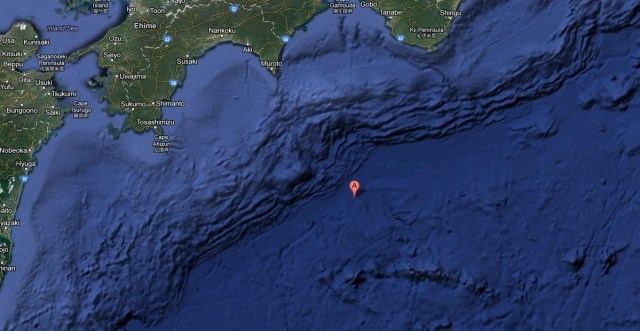
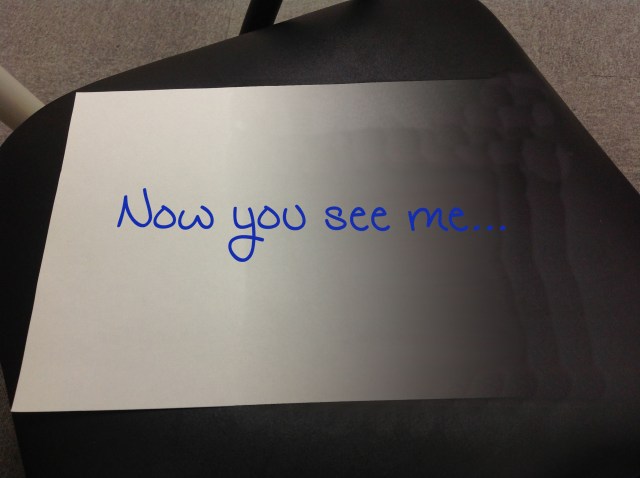
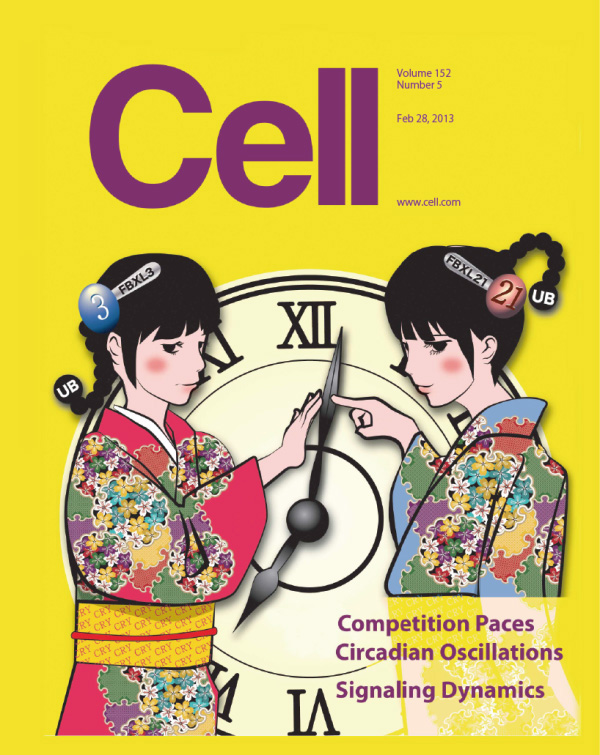
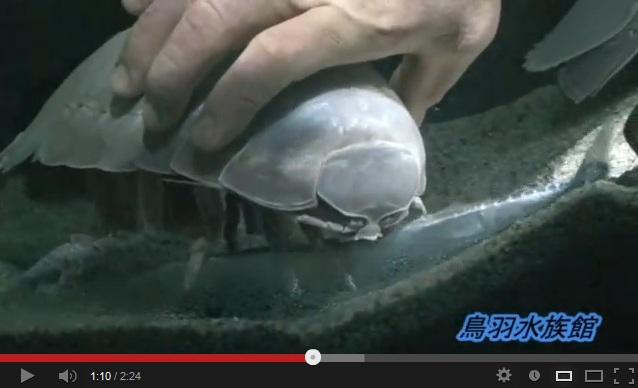
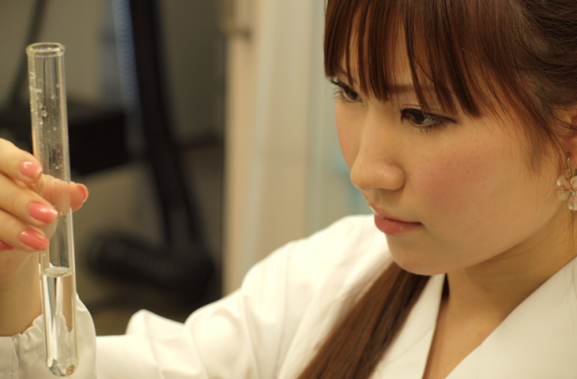
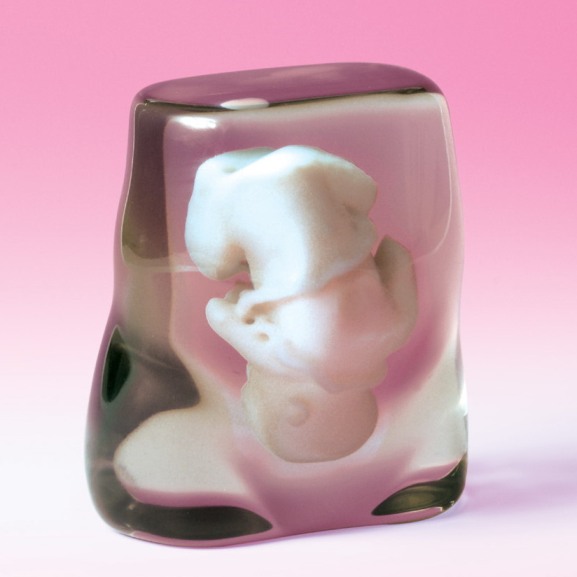
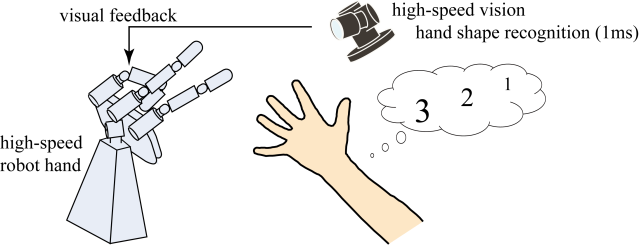
 Japan’s cherry blossom season predicted to start earlier than we’d thought, especially in Tokyo
Japan’s cherry blossom season predicted to start earlier than we’d thought, especially in Tokyo Is Tokyo Station’s startlingly expensive wagyu bento boxed lunch worth its high price?[Taste test]
Is Tokyo Station’s startlingly expensive wagyu bento boxed lunch worth its high price?[Taste test] Starbucks Japan unveils new sakura cherry blossom collection for hanami season 2026
Starbucks Japan unveils new sakura cherry blossom collection for hanami season 2026 One Piece creator has hidden secret of anime treasure’s identity in chest at bottom of real-world ocean
One Piece creator has hidden secret of anime treasure’s identity in chest at bottom of real-world ocean Japan’s Human Washing Machine pods are now on sale for home use, and they’re not cheap
Japan’s Human Washing Machine pods are now on sale for home use, and they’re not cheap Over four billion yen in lost cash was found in Tokyo last year, setting new record
Over four billion yen in lost cash was found in Tokyo last year, setting new record Live-action One Piece’s Luffy teaches Sesame Street’s Elmo a Japanese word for friendship[Video]
Live-action One Piece’s Luffy teaches Sesame Street’s Elmo a Japanese word for friendship[Video] The results are in! One Piece World Top 100 characters chosen in global poll
The results are in! One Piece World Top 100 characters chosen in global poll Do you remember giant robots? Full-scale Macross Valkyrie lands in Yokohama
Do you remember giant robots? Full-scale Macross Valkyrie lands in Yokohama Japan Extreme Budget Travel! A trip from Tokyo to Izumo for just 30,000 yen [Part 2]
Japan Extreme Budget Travel! A trip from Tokyo to Izumo for just 30,000 yen [Part 2] Starbucks Japan releases first-ever Hinamatsuri Girls’ Day Frappuccino
Starbucks Japan releases first-ever Hinamatsuri Girls’ Day Frappuccino Japanese restaurant chain serves Dragon Ball donuts and Senzu Beans this spring
Japanese restaurant chain serves Dragon Ball donuts and Senzu Beans this spring Japan Extreme Budget Travel! A trip from Tokyo to Izumo for just 30,000 yen [Part 1]
Japan Extreme Budget Travel! A trip from Tokyo to Izumo for just 30,000 yen [Part 1] Japan’s craziest burger chain takes menchi katsu to new extreme levels
Japan’s craziest burger chain takes menchi katsu to new extreme levels Japanese drugstore sells onigiri at pre-stupid era prices, but how do they compare to 7-Eleven?
Japanese drugstore sells onigiri at pre-stupid era prices, but how do they compare to 7-Eleven? Viral Japanese cheesecake from Osaka has a lesser known rival called Aunt Wanda
Viral Japanese cheesecake from Osaka has a lesser known rival called Aunt Wanda Lawson adds doughnuts to its convenience store sweets range, but are they good enough to go viral?
Lawson adds doughnuts to its convenience store sweets range, but are they good enough to go viral? Japan’s newest Shinkansen has no seats…or passengers [Video]
Japan’s newest Shinkansen has no seats…or passengers [Video] Starbucks Japan releases new sakura goods and drinkware for cherry blossom season 2026
Starbucks Japan releases new sakura goods and drinkware for cherry blossom season 2026 Foreigners accounting for over 80 percent of off-course skiers needing rescue in Japan’s Hokkaido
Foreigners accounting for over 80 percent of off-course skiers needing rescue in Japan’s Hokkaido Super-salty pizza sends six kids to the hospital in Japan, linguistics blamed
Super-salty pizza sends six kids to the hospital in Japan, linguistics blamed Starbucks Japan unveils new sakura Frappuccino for cherry blossom season 2026
Starbucks Japan unveils new sakura Frappuccino for cherry blossom season 2026 Foreign tourists in Japan will get free Shinkansen tickets to promote regional tourism
Foreign tourists in Japan will get free Shinkansen tickets to promote regional tourism The 10 most annoying things foreign tourists do on Japanese trains, according to locals
The 10 most annoying things foreign tourists do on Japanese trains, according to locals Take a trip to Japan’s Dododo Land, the most irritating place on Earth
Take a trip to Japan’s Dododo Land, the most irritating place on Earth Naruto and Converse team up for new line of shinobi sneakers[Photos]
Naruto and Converse team up for new line of shinobi sneakers[Photos] Survey asks foreign tourists what bothered them in Japan, more than half gave same answer
Survey asks foreign tourists what bothered them in Japan, more than half gave same answer Japan’s human washing machines will go on sale to general public, demos to be held in Tokyo
Japan’s human washing machines will go on sale to general public, demos to be held in Tokyo Starbucks Japan releases new drinkware and goods for Valentine’s Day
Starbucks Japan releases new drinkware and goods for Valentine’s Day We deeply regret going into this tunnel on our walk in the mountains of Japan
We deeply regret going into this tunnel on our walk in the mountains of Japan Studio Ghibli releases Kodama forest spirits from Princess Mononoke to light up your home
Studio Ghibli releases Kodama forest spirits from Princess Mononoke to light up your home Major Japanese hotel chain says reservations via overseas booking sites may not be valid
Major Japanese hotel chain says reservations via overseas booking sites may not be valid Put sesame oil in your coffee? Japanese maker says it’s the best way to start your day【Taste test】
Put sesame oil in your coffee? Japanese maker says it’s the best way to start your day【Taste test】 No more using real katana for tourism activities, Japan’s National Police Agency says
No more using real katana for tourism activities, Japan’s National Police Agency says Over four billion yen in lost cash was found in Tokyo last year, setting new record
Over four billion yen in lost cash was found in Tokyo last year, setting new record Live-action One Piece’s Luffy teaches Sesame Street’s Elmo a Japanese word for friendship[Video]
Live-action One Piece’s Luffy teaches Sesame Street’s Elmo a Japanese word for friendship[Video] The results are in! One Piece World Top 100 characters chosen in global poll
The results are in! One Piece World Top 100 characters chosen in global poll Do you remember giant robots? Full-scale Macross Valkyrie lands in Yokohama
Do you remember giant robots? Full-scale Macross Valkyrie lands in Yokohama Japan Extreme Budget Travel! A trip from Tokyo to Izumo for just 30,000 yen [Part 2]
Japan Extreme Budget Travel! A trip from Tokyo to Izumo for just 30,000 yen [Part 2] Adult Cream Pie coming to McDonald’s Japan
Adult Cream Pie coming to McDonald’s Japan We followed Tokyo’s mystery walking map and ended up creating our own bar-hopping adventure
We followed Tokyo’s mystery walking map and ended up creating our own bar-hopping adventure Tokyo Station staff share their top 10 favorite ekiben
Tokyo Station staff share their top 10 favorite ekiben Take a trip to Japan’s Dododo Land, the most irritating place on Earth
Take a trip to Japan’s Dododo Land, the most irritating place on Earth The etiquette rules for visiting Shinto shrines in Japan
The etiquette rules for visiting Shinto shrines in Japan New Studio Ghibli exhibition brings anime movie magic to cities around Japan
New Studio Ghibli exhibition brings anime movie magic to cities around Japan New Whisper of the Heart antique shop collectibles now available in Donguri Kyowakoku shops
New Whisper of the Heart antique shop collectibles now available in Donguri Kyowakoku shops Starbucks Japan has a limited-edition candle…that hasn’t sold out yet
Starbucks Japan has a limited-edition candle…that hasn’t sold out yet Lingerie-inspired bathing suits: The latest fashion coming this summer to Japan 【Photos】
Lingerie-inspired bathing suits: The latest fashion coming this summer to Japan 【Photos】